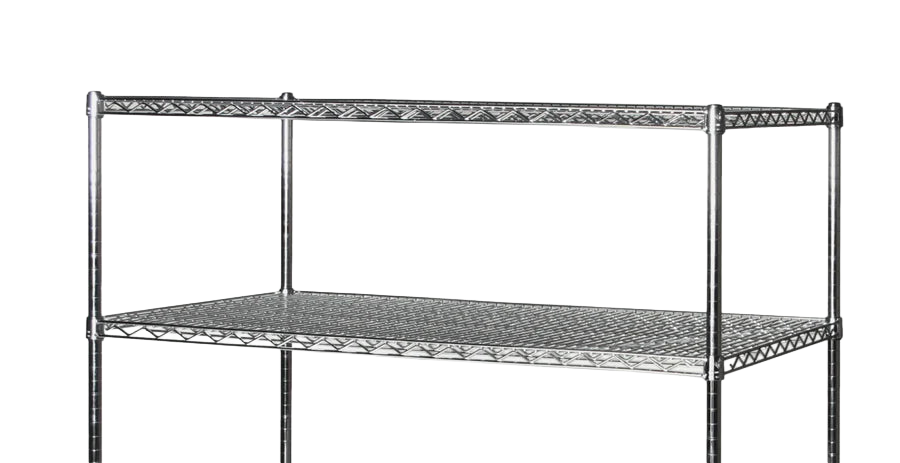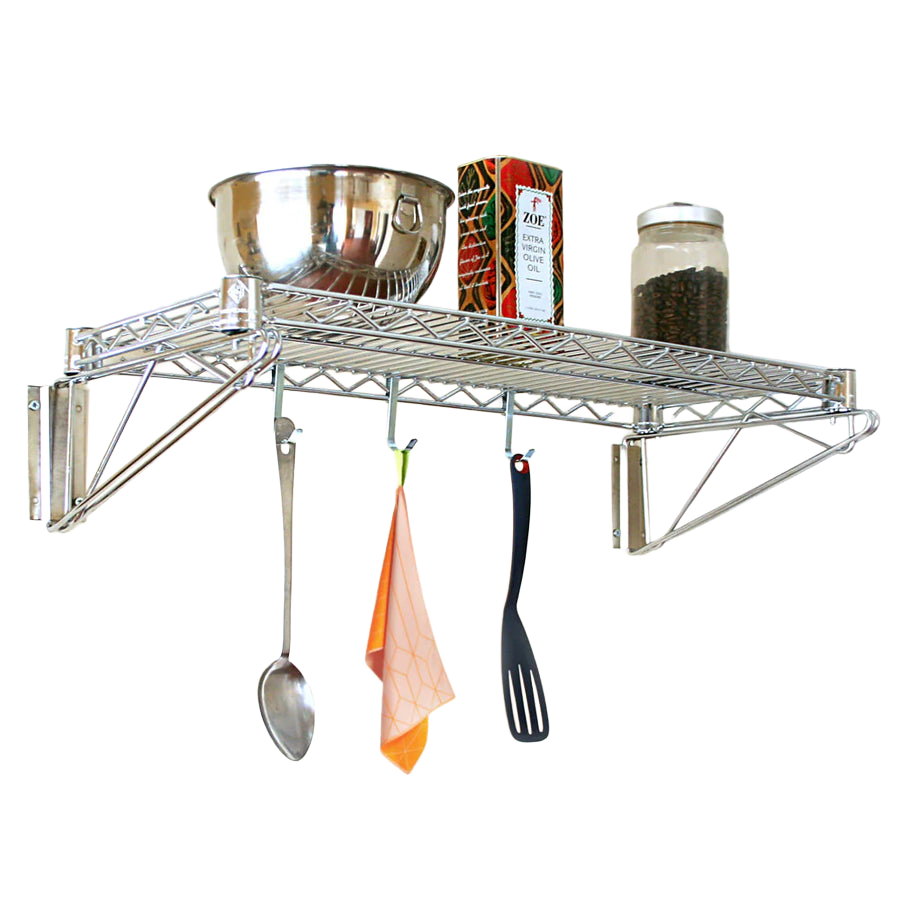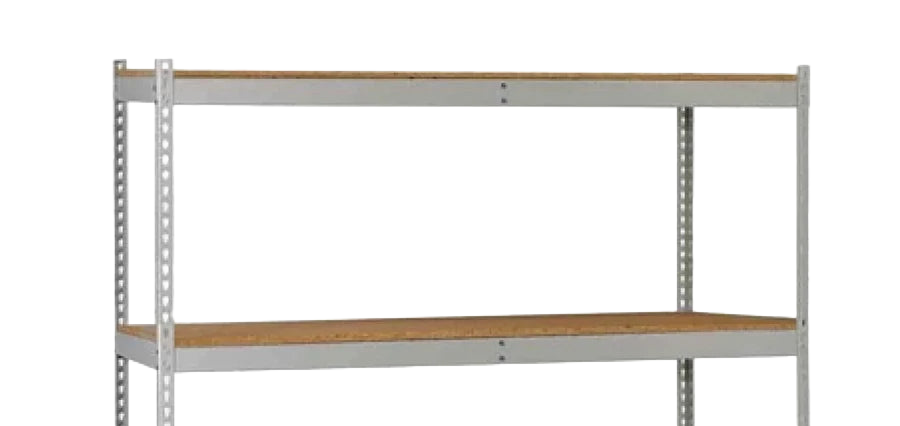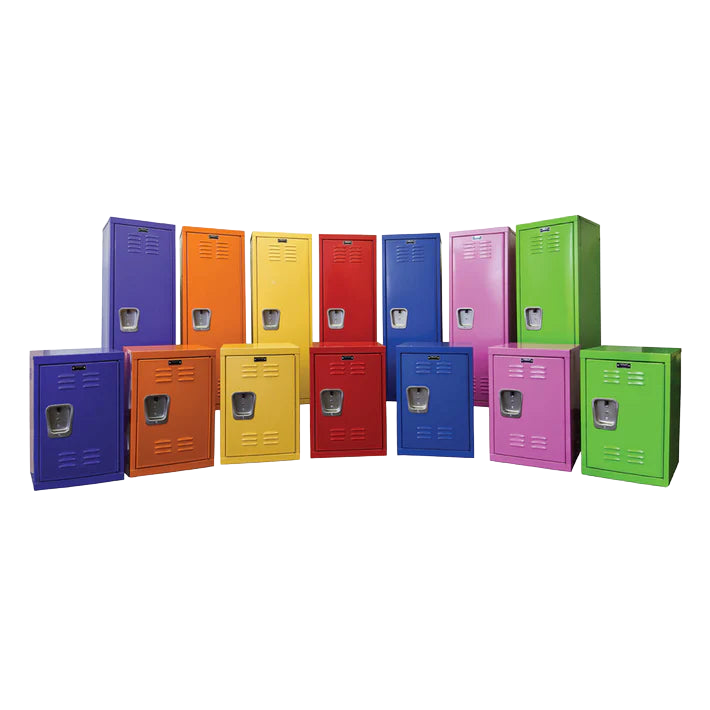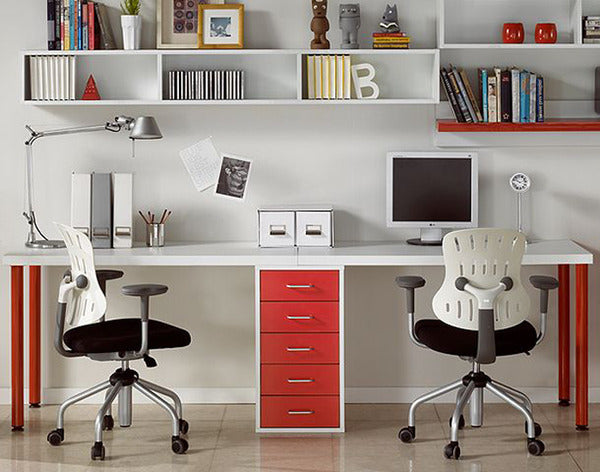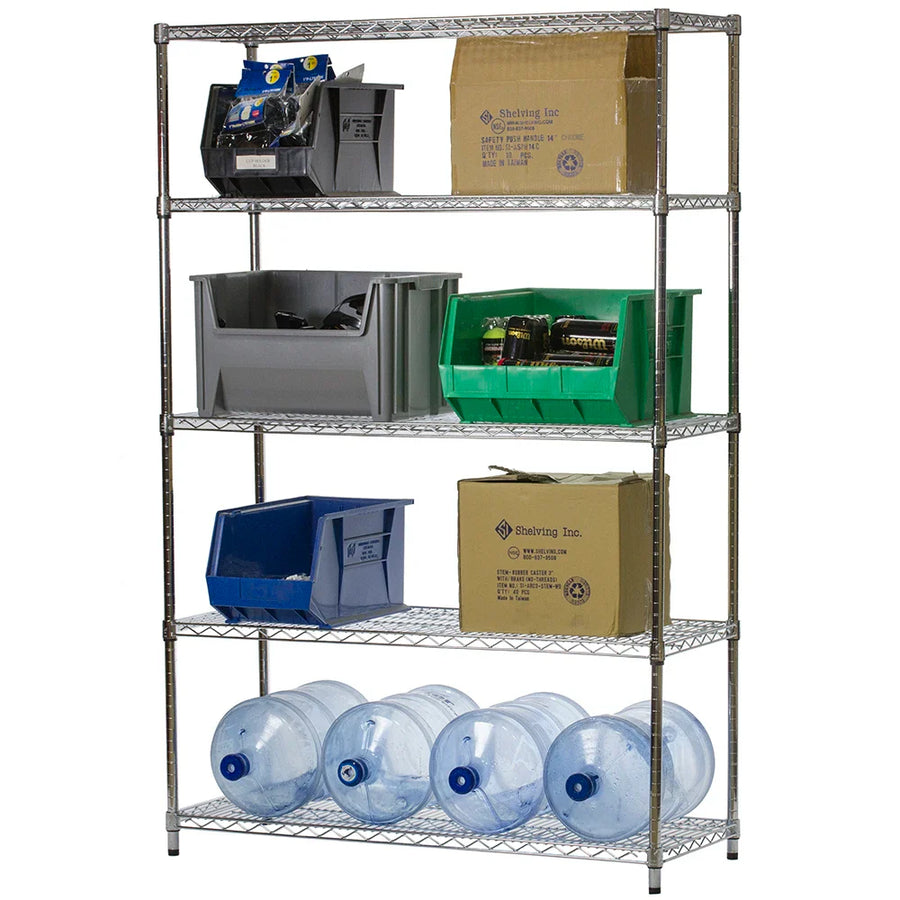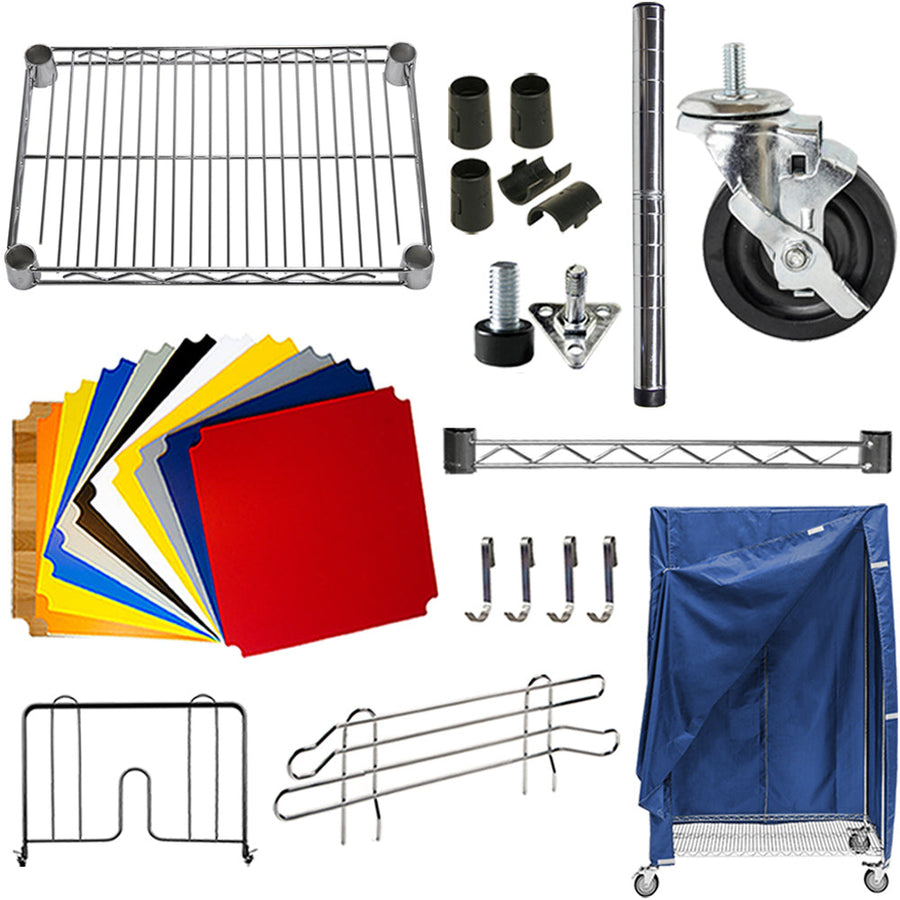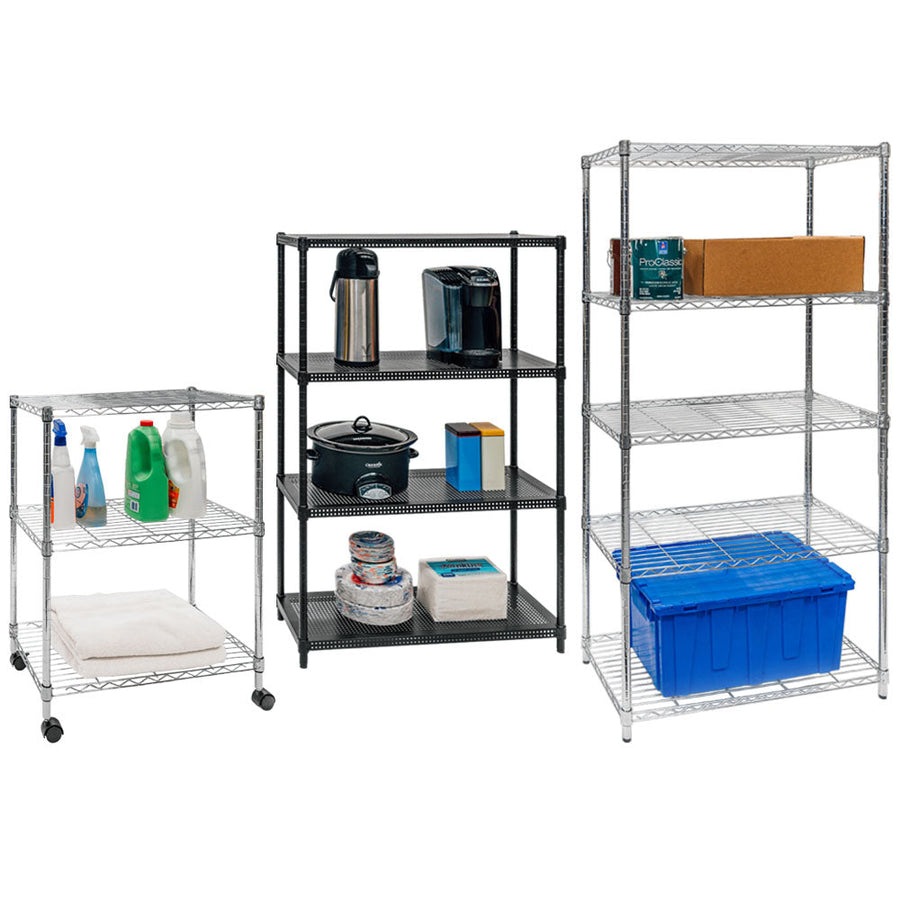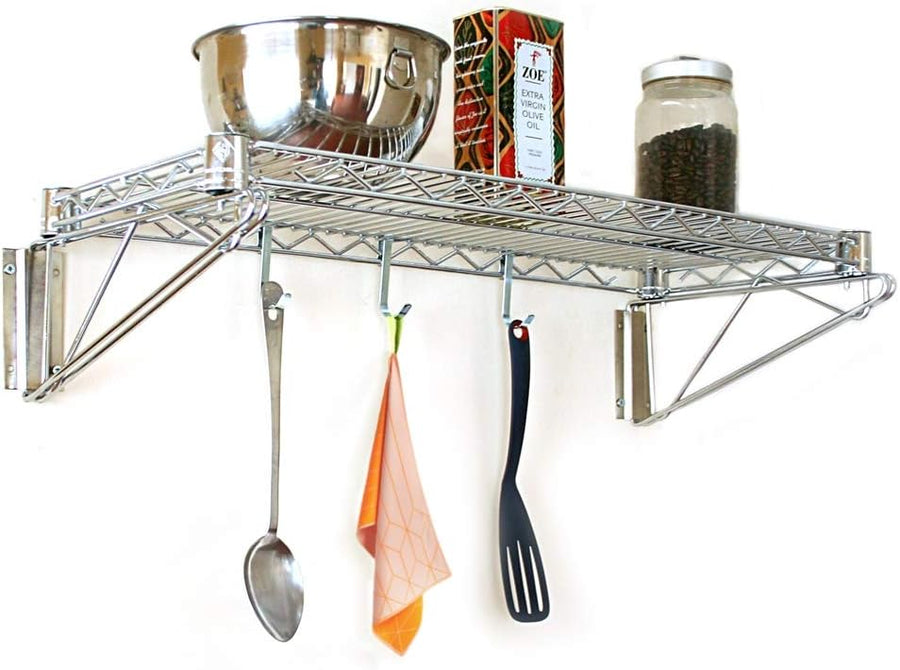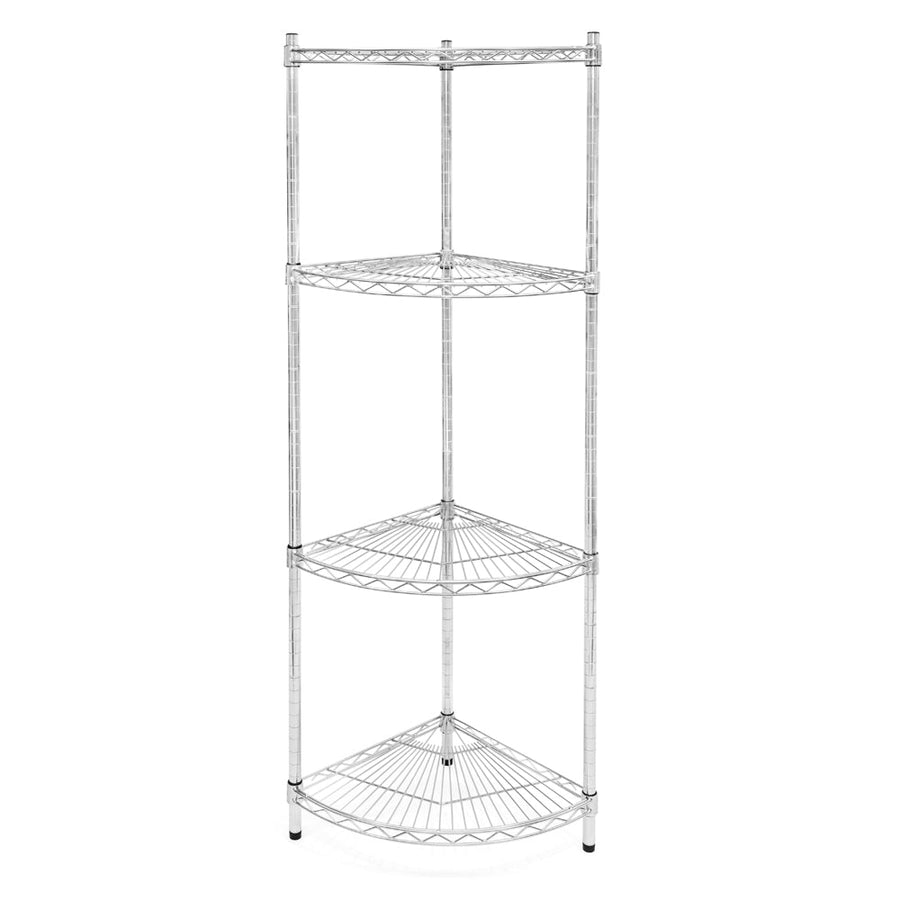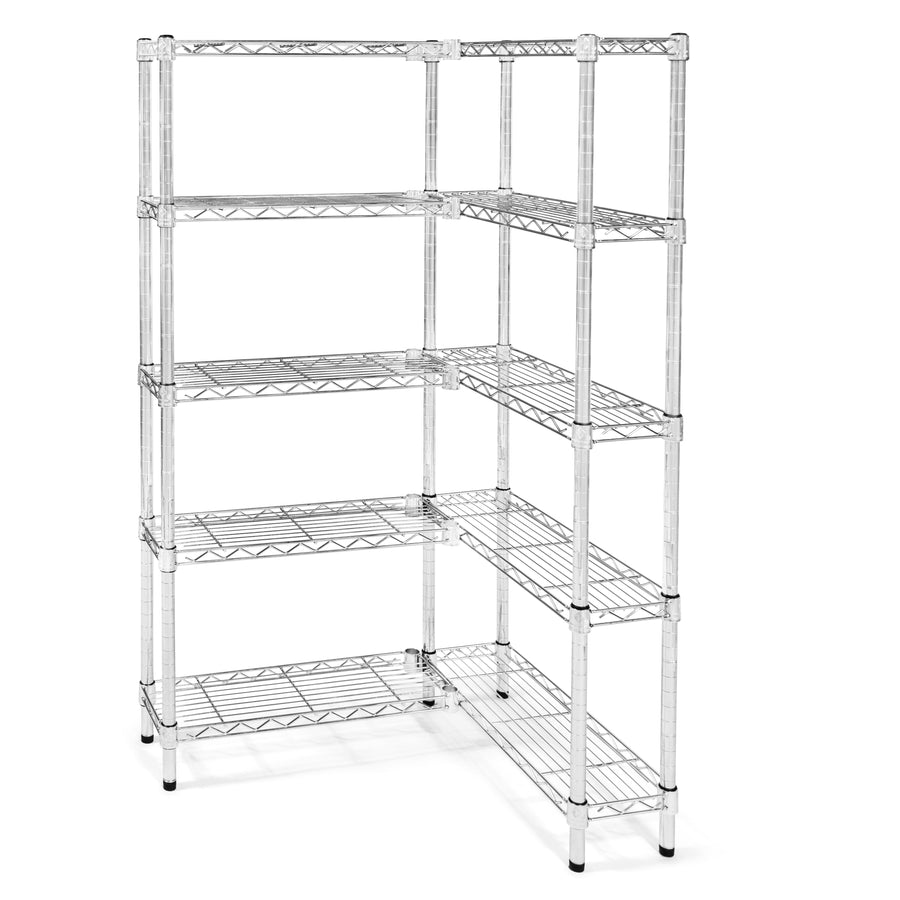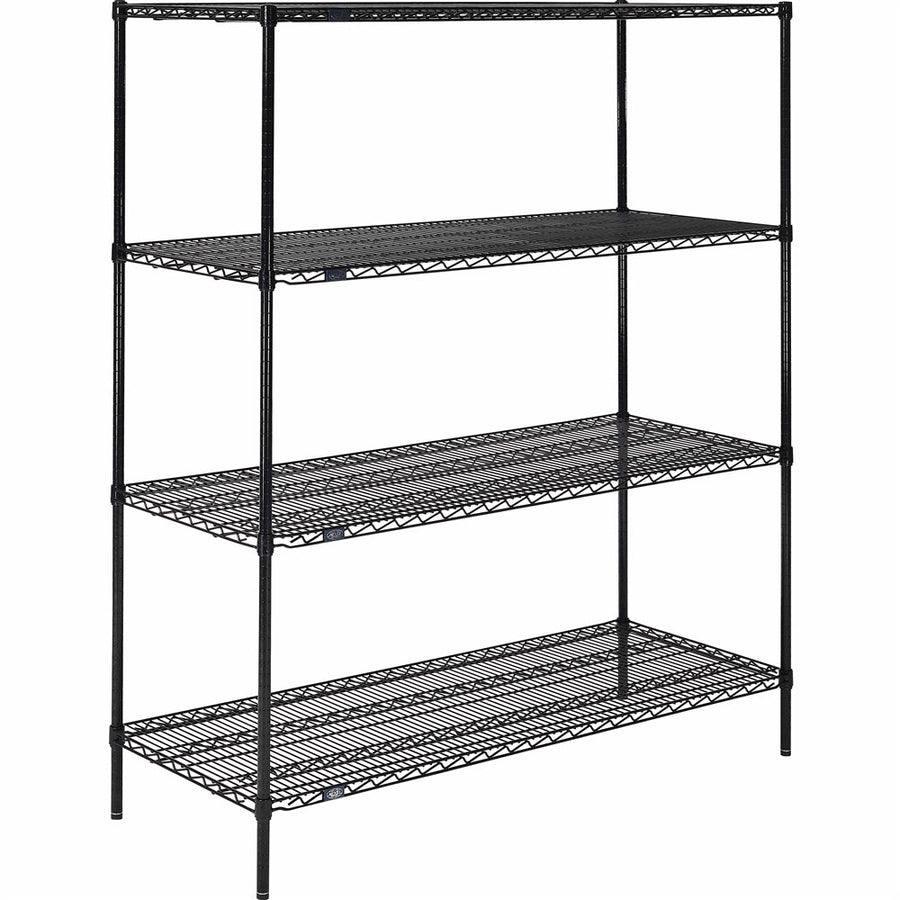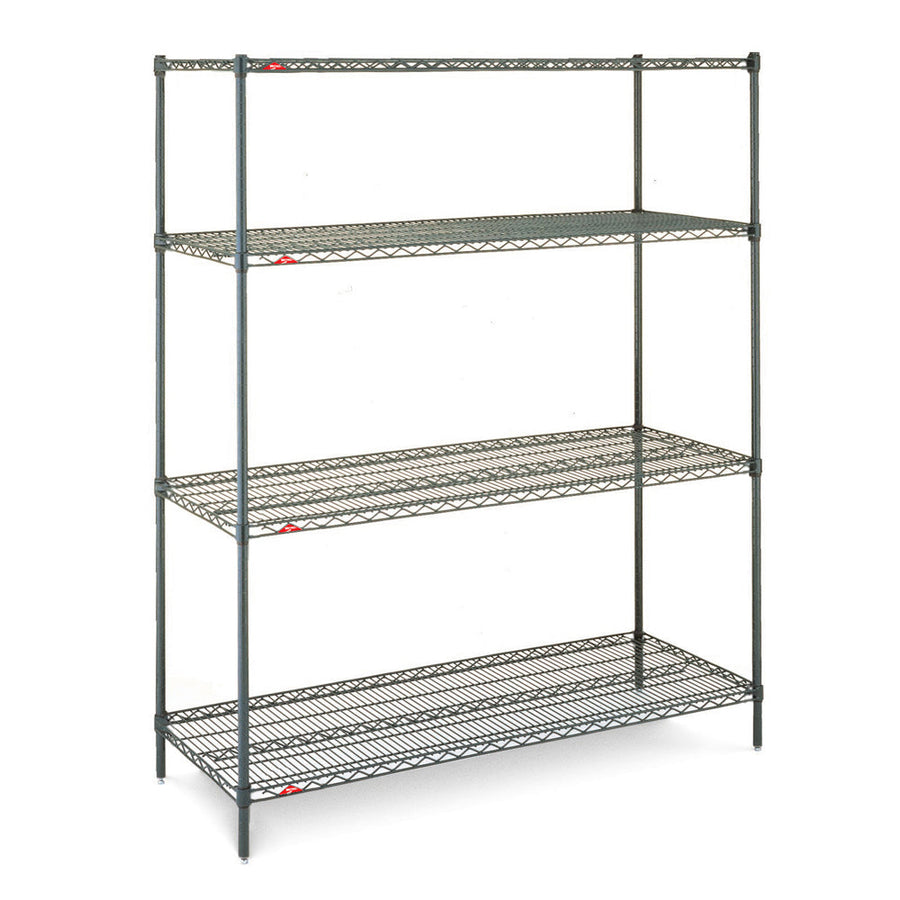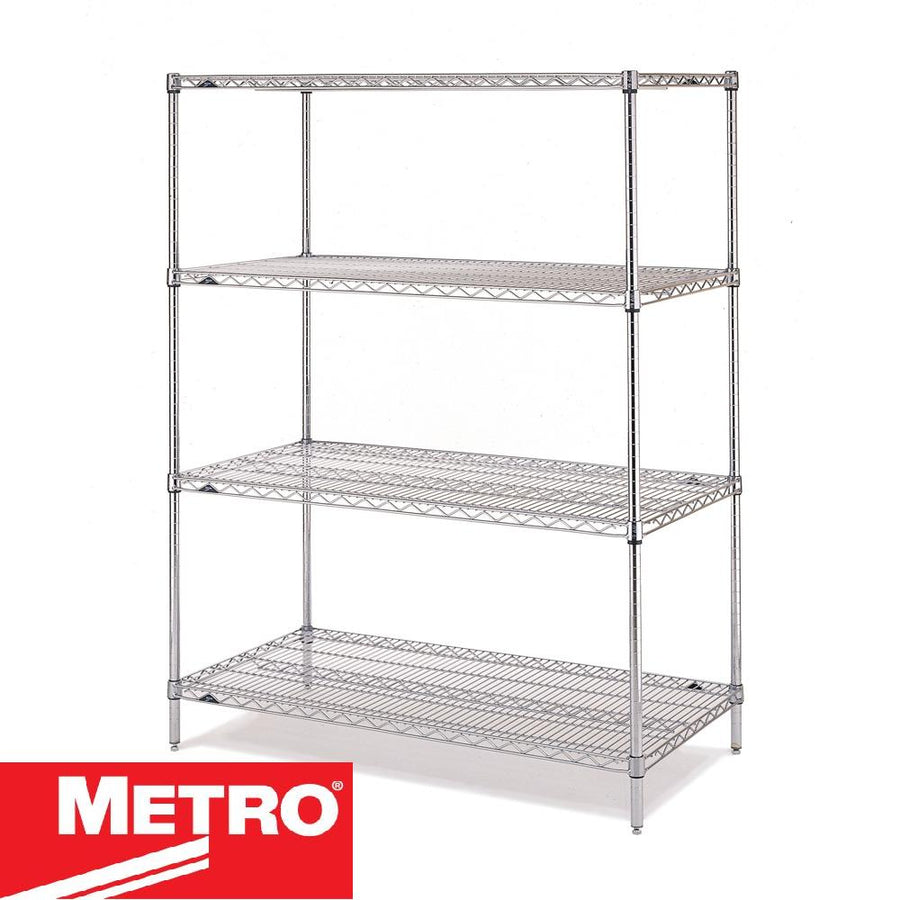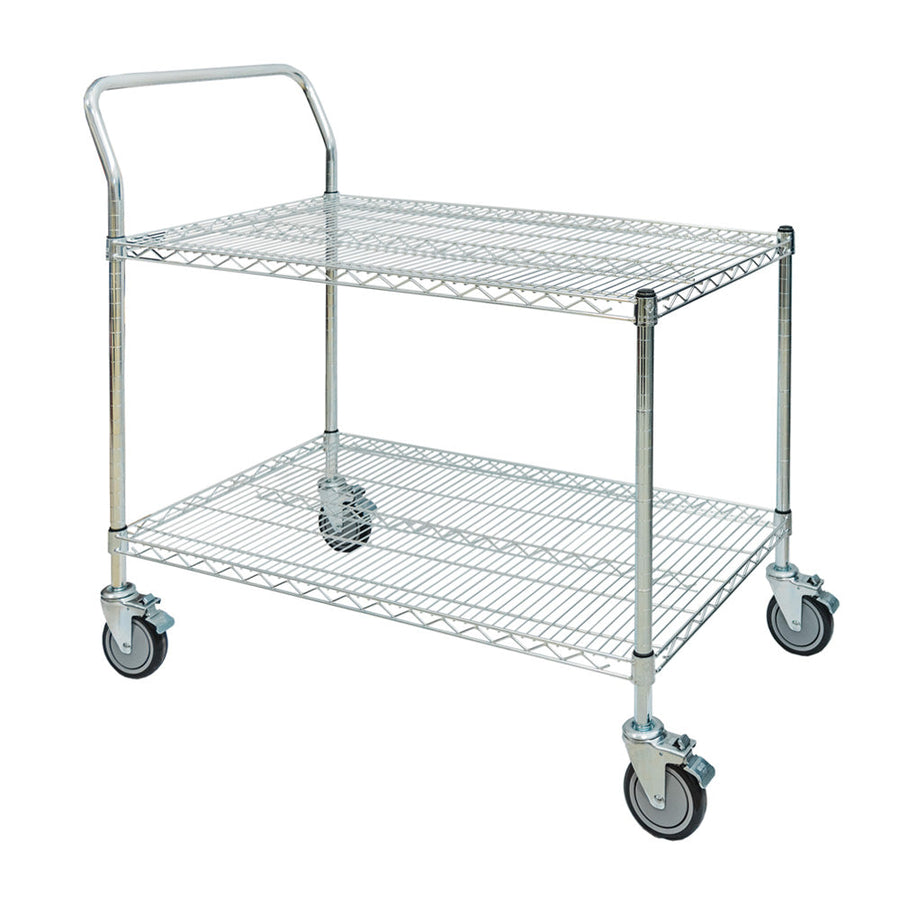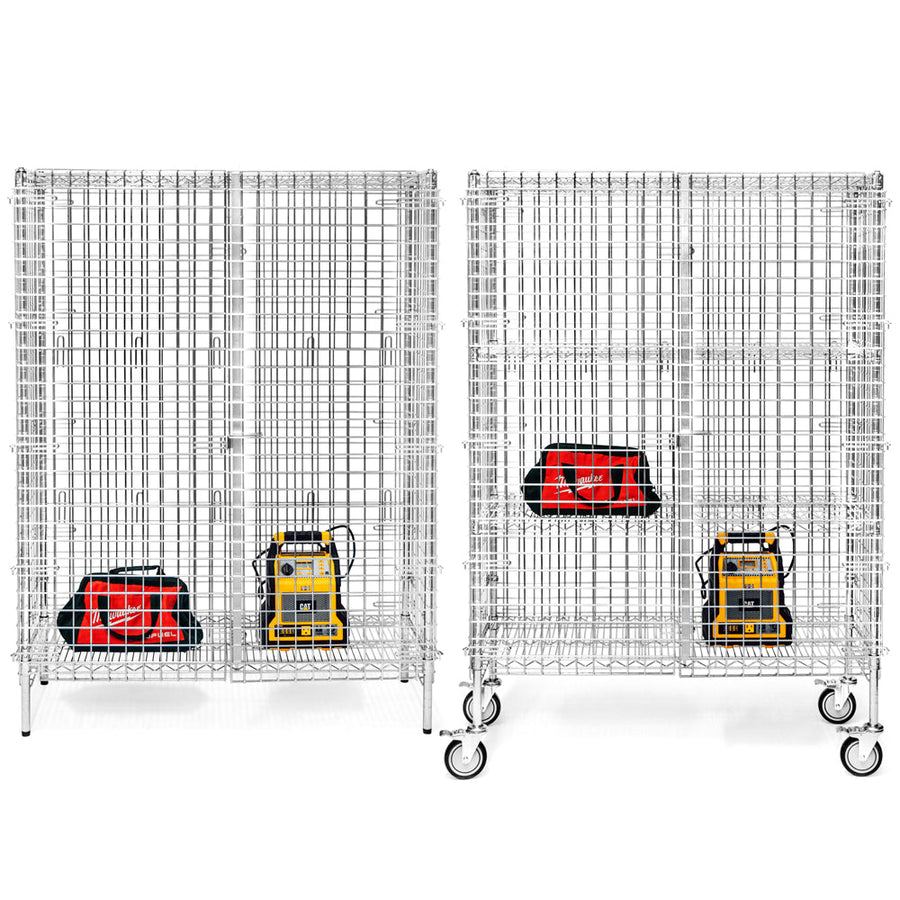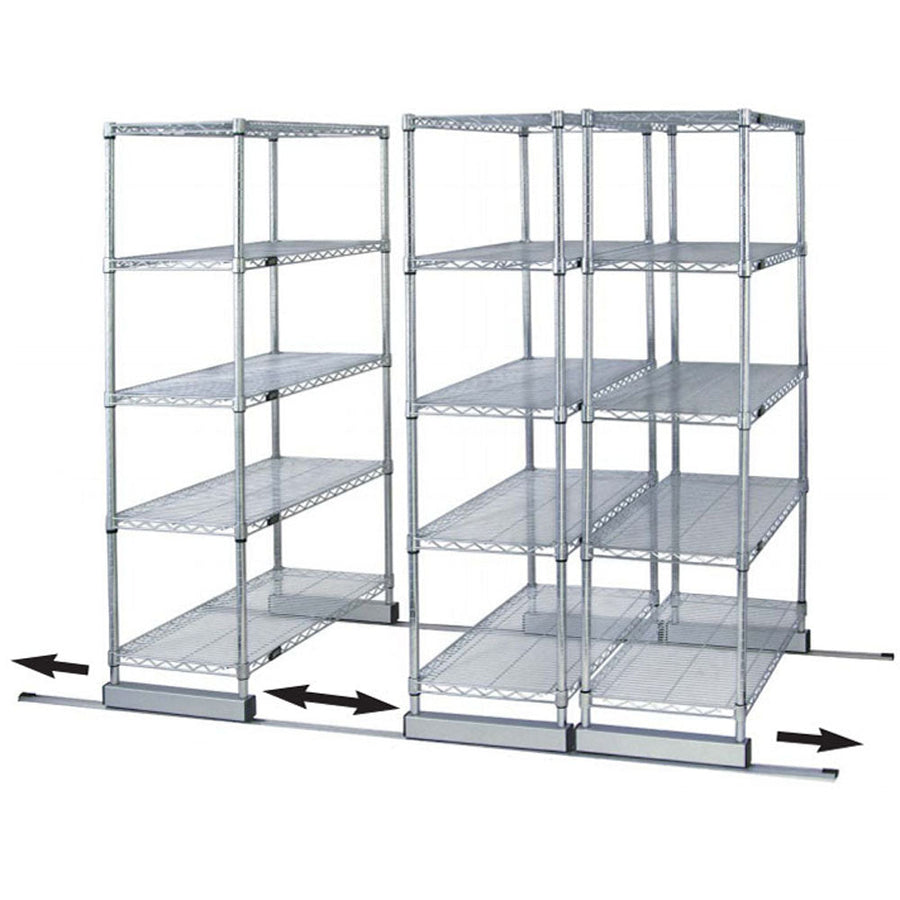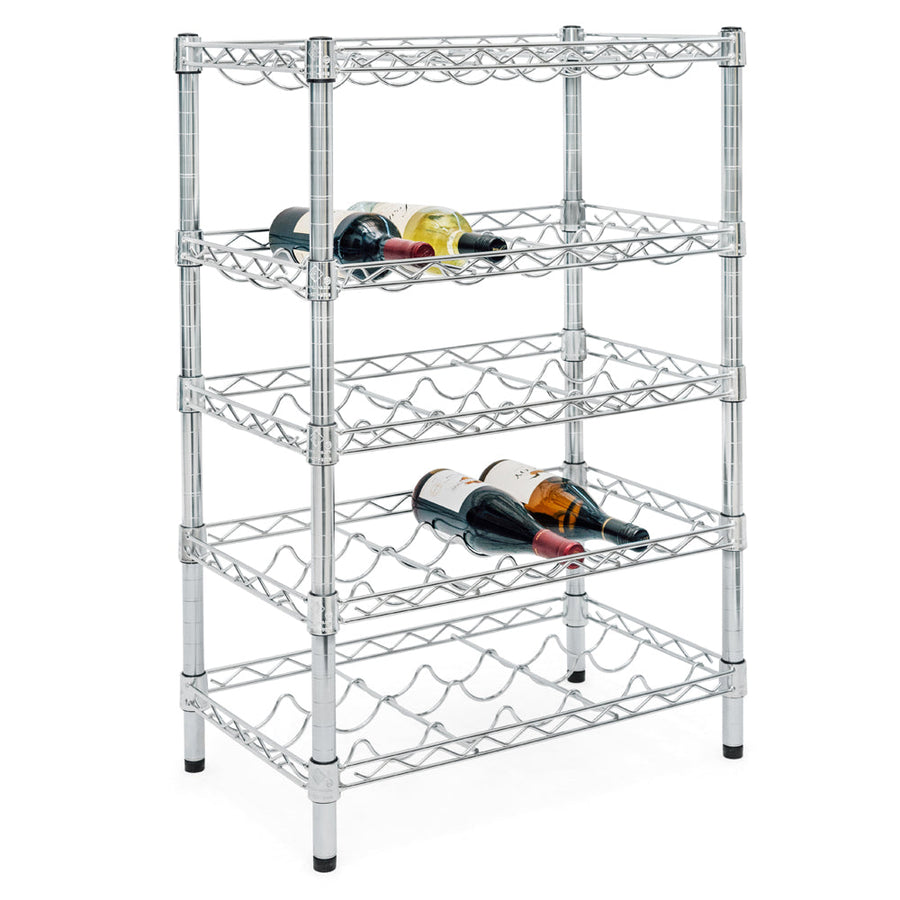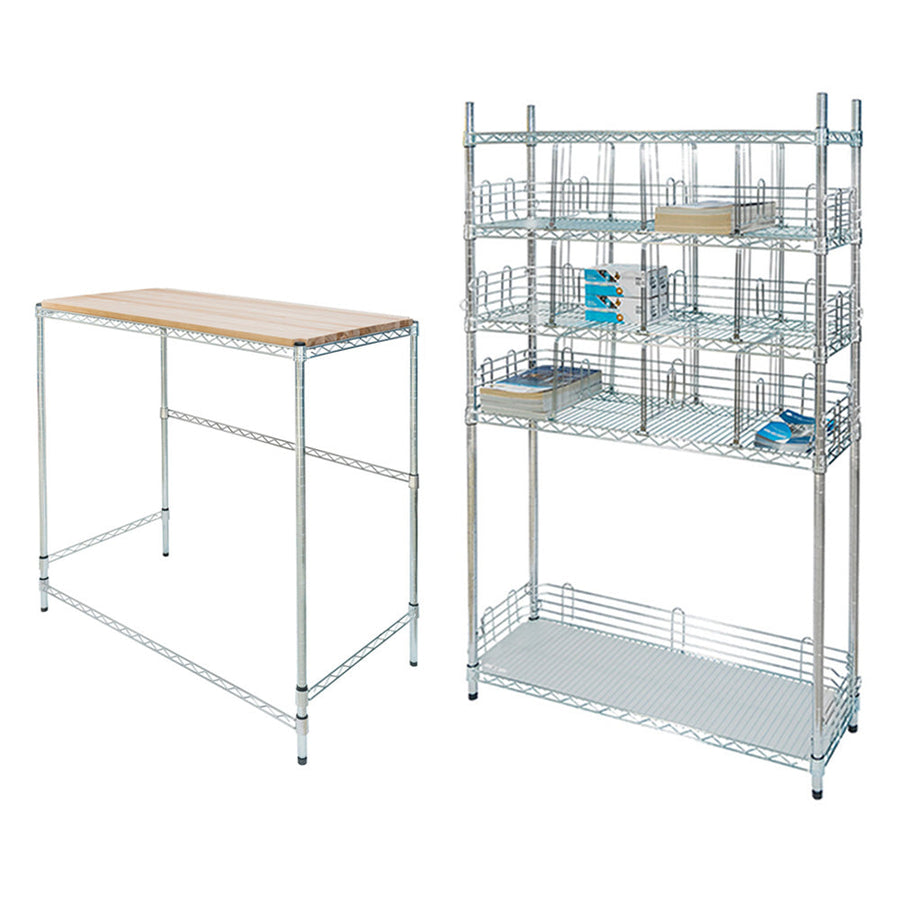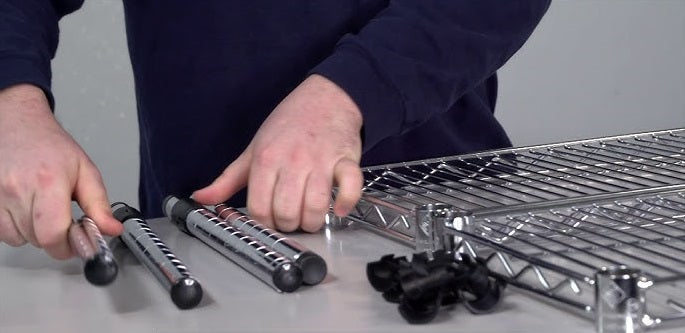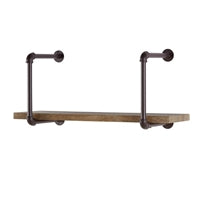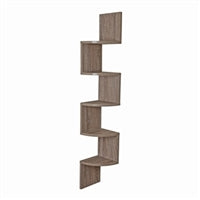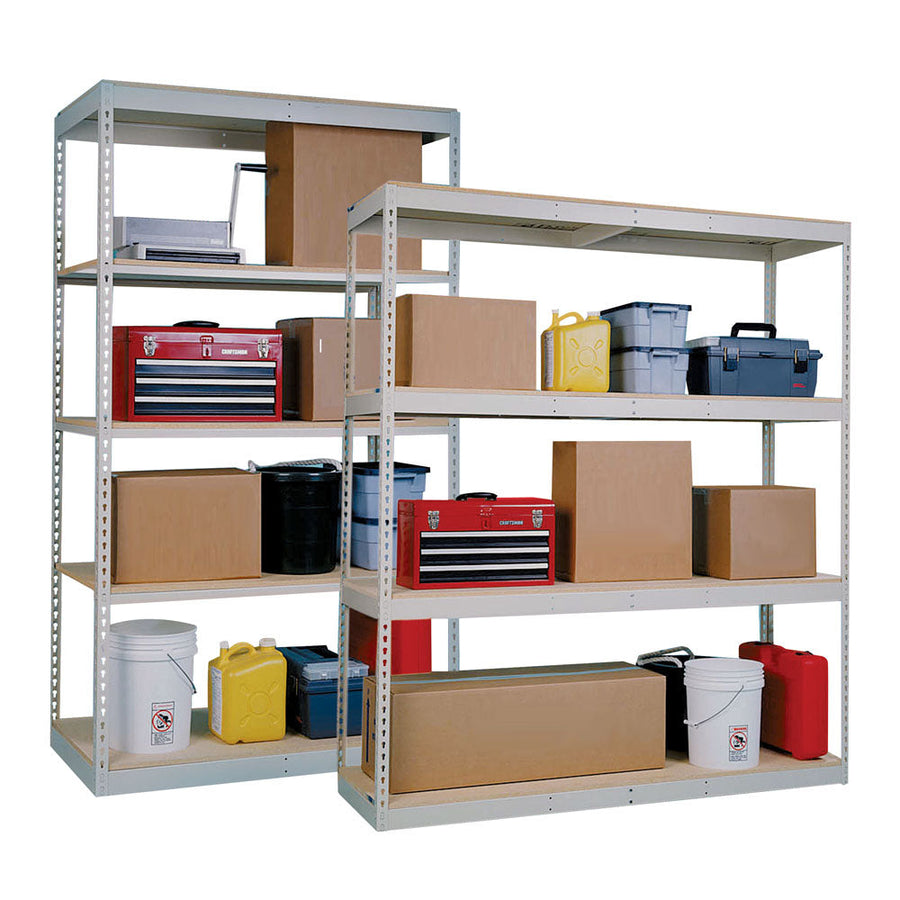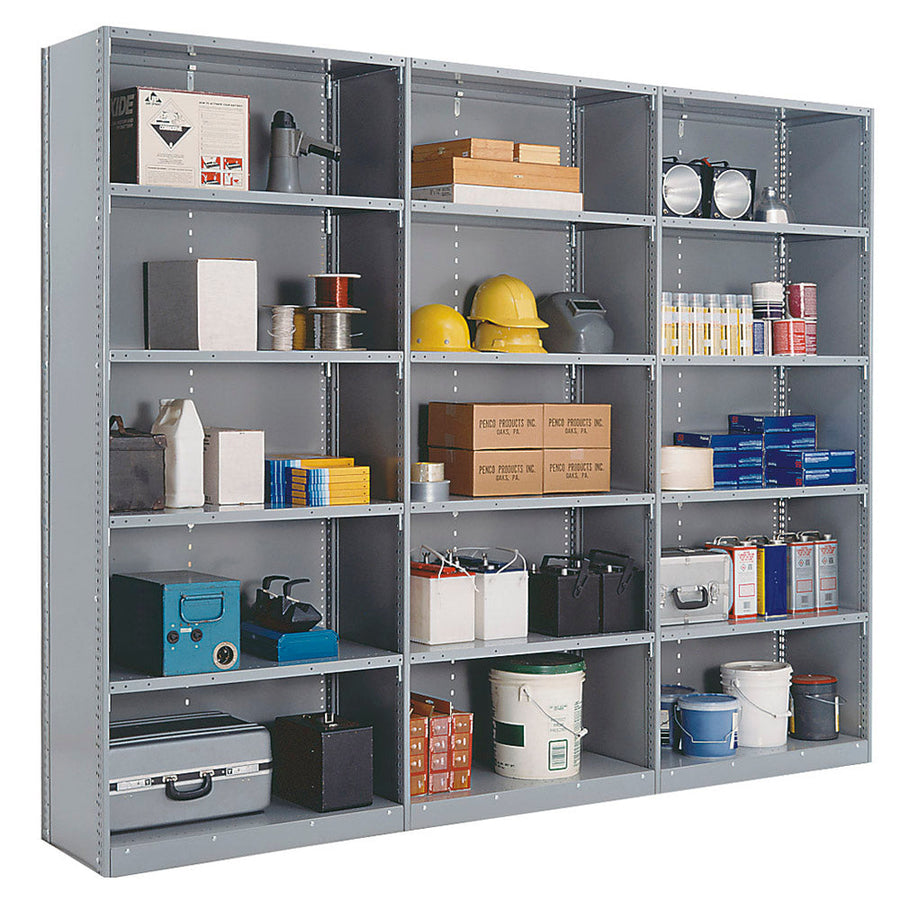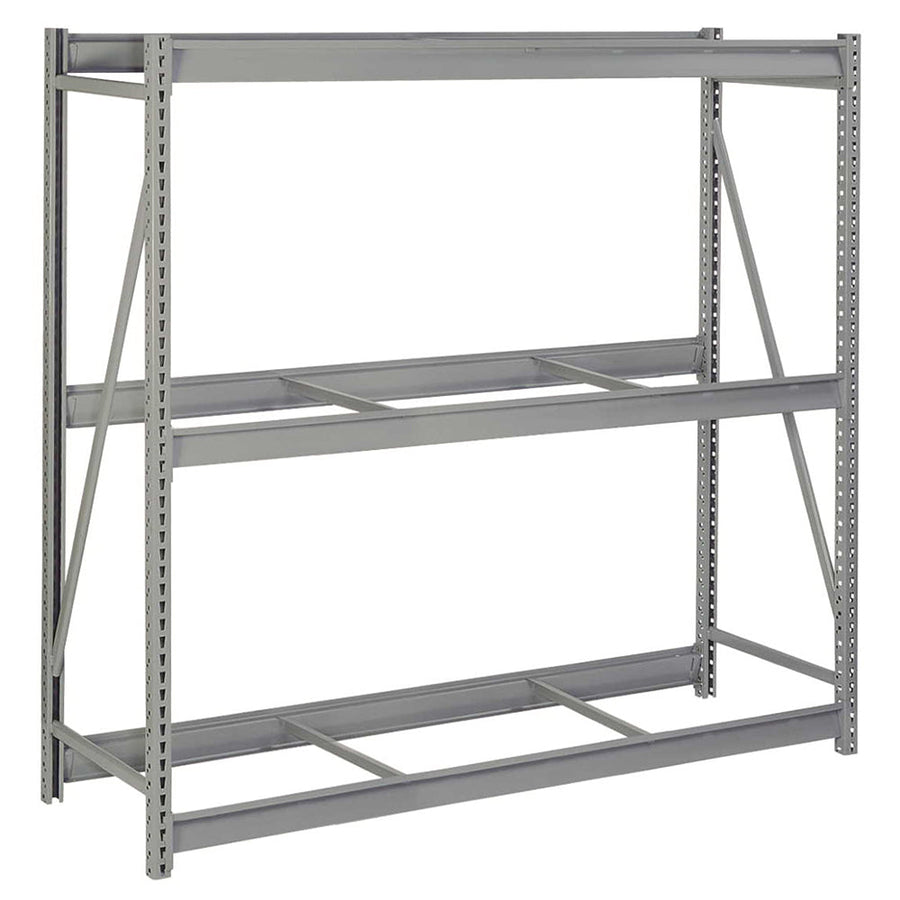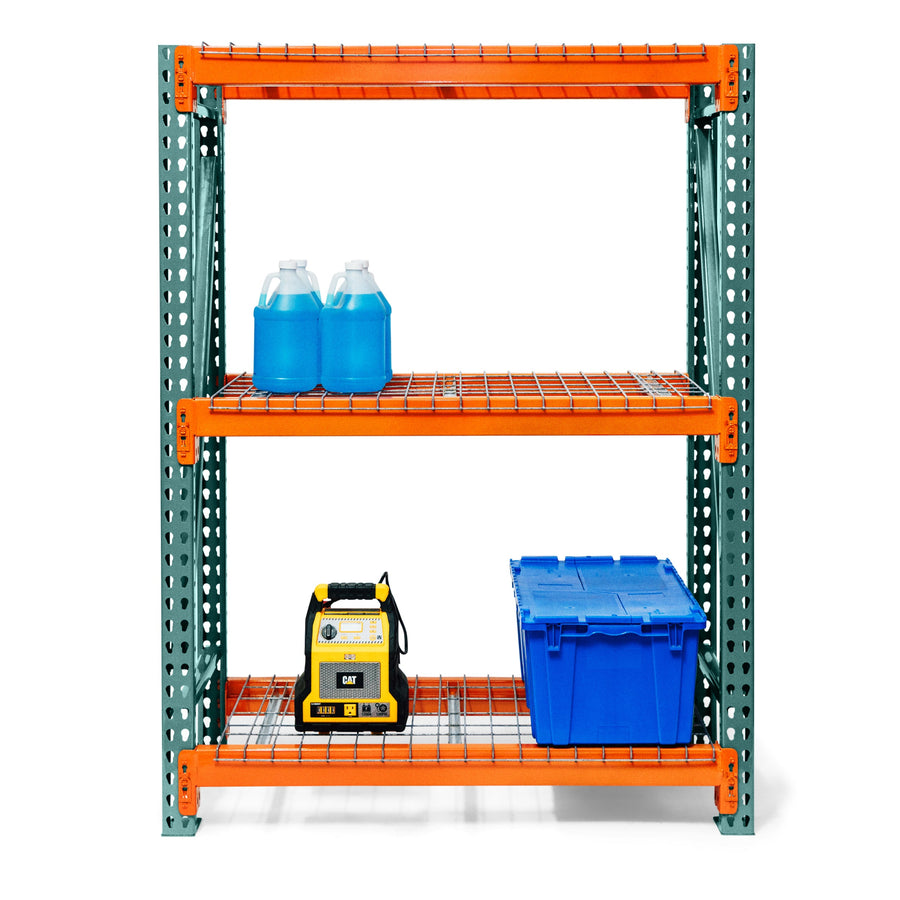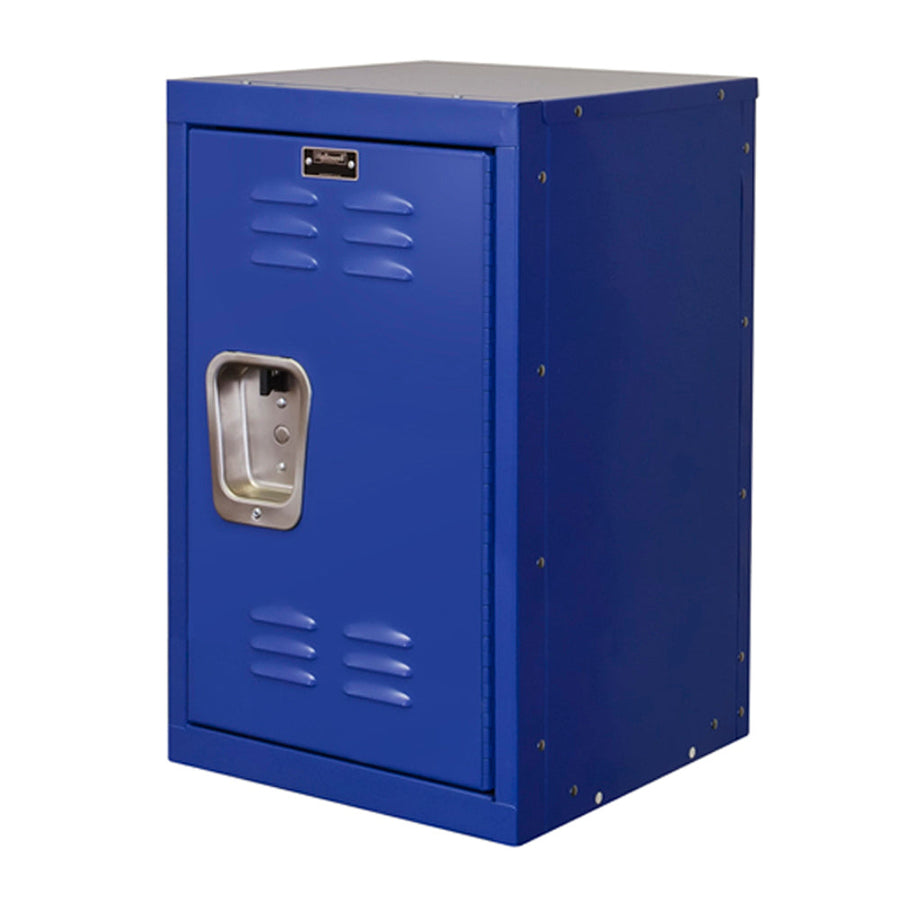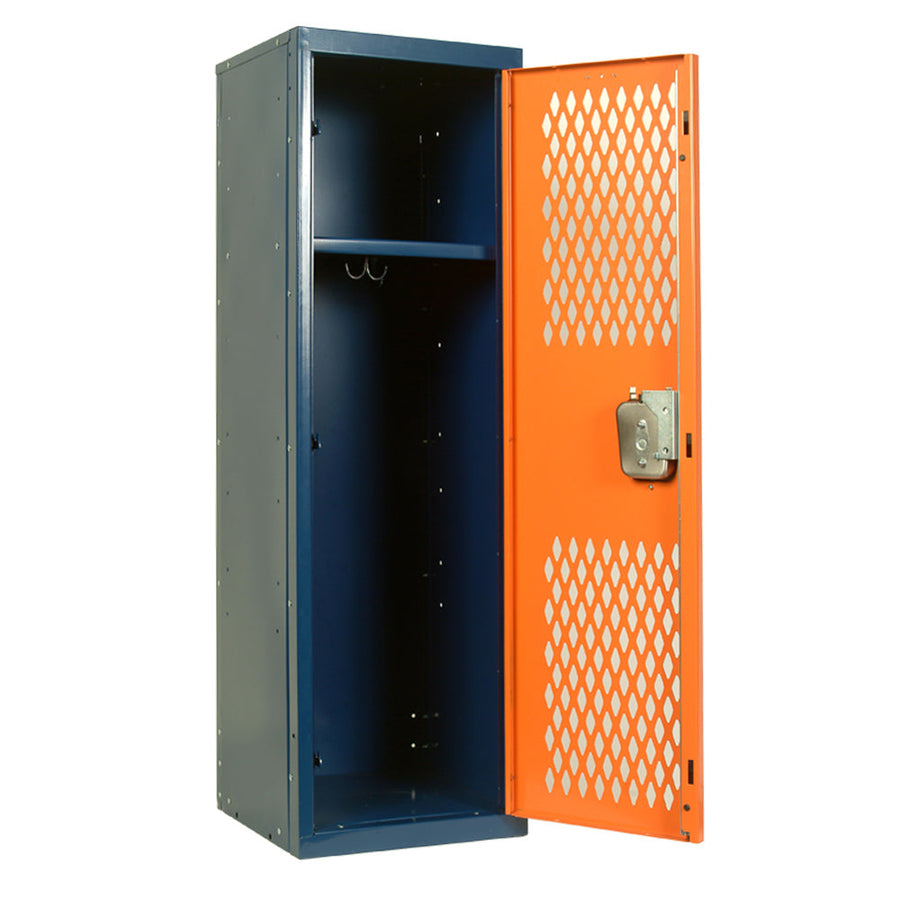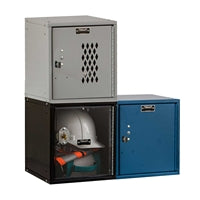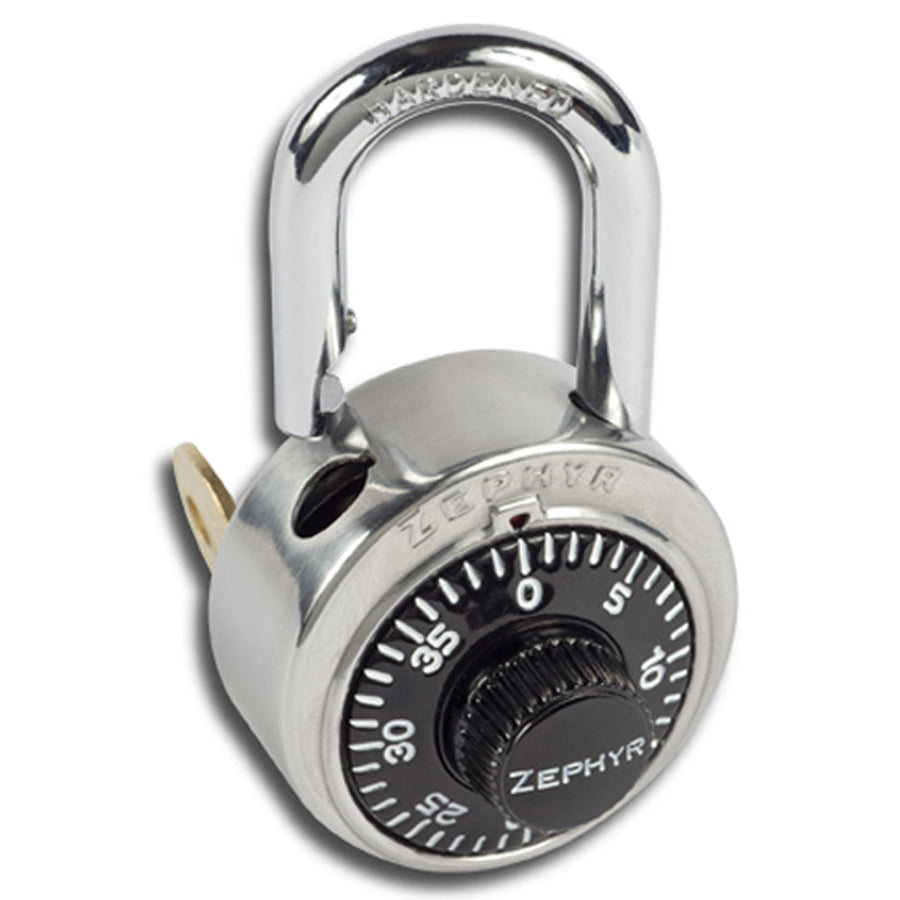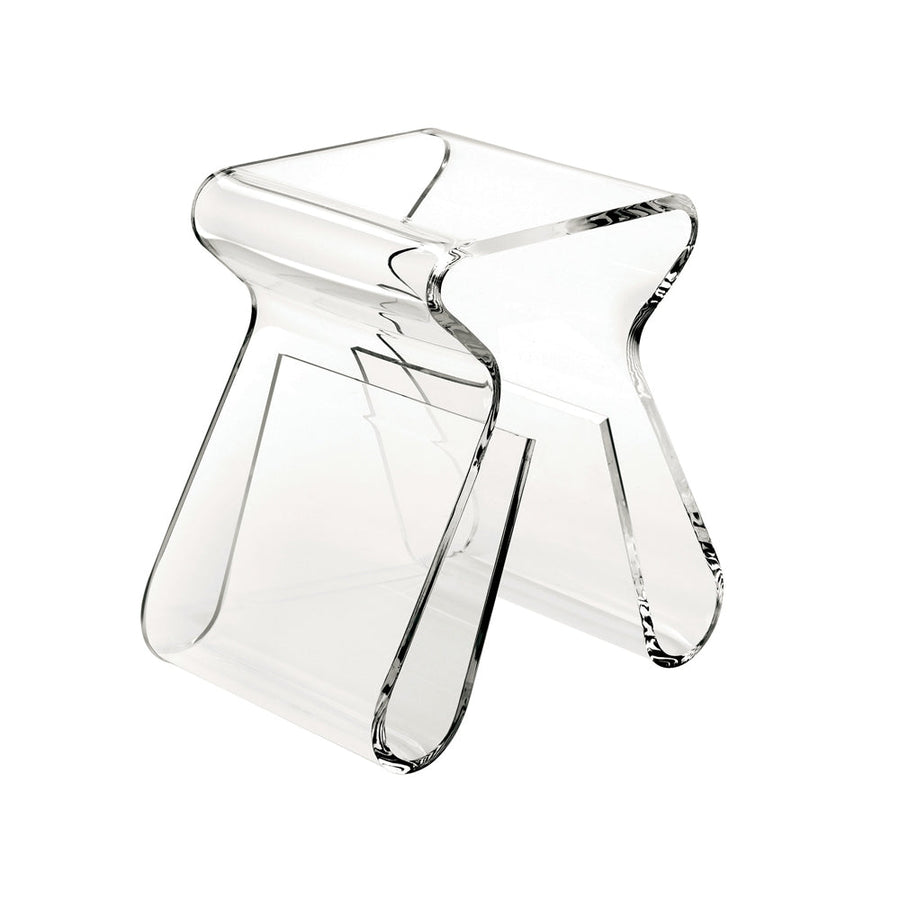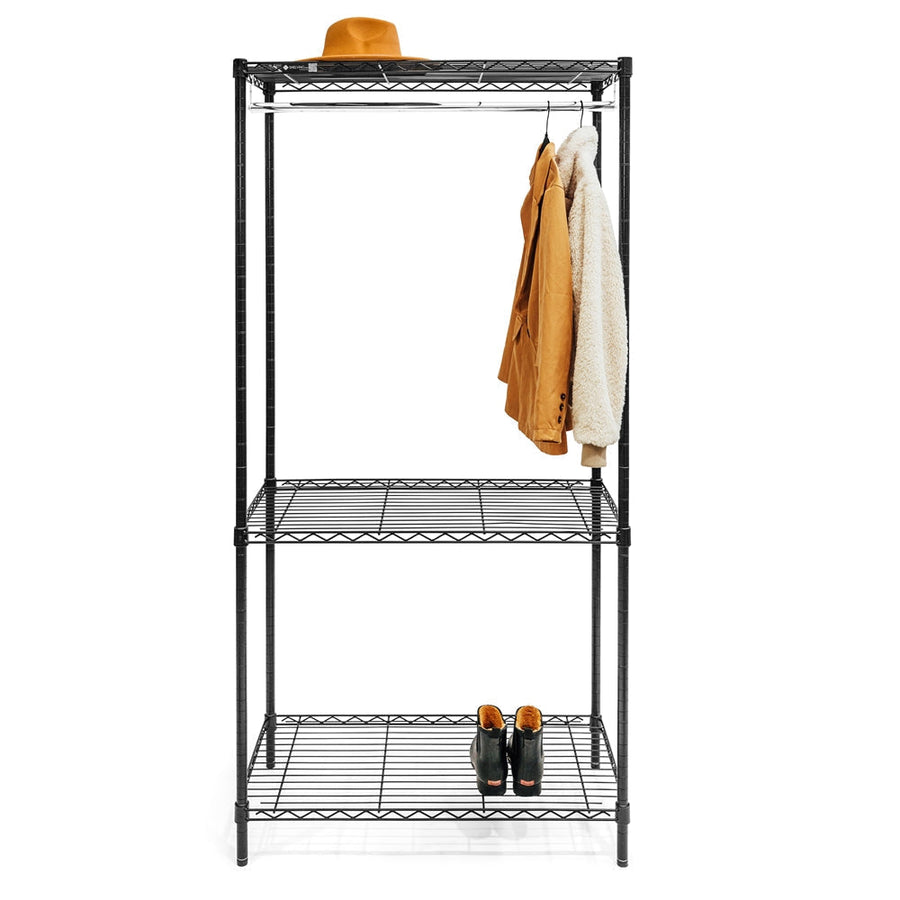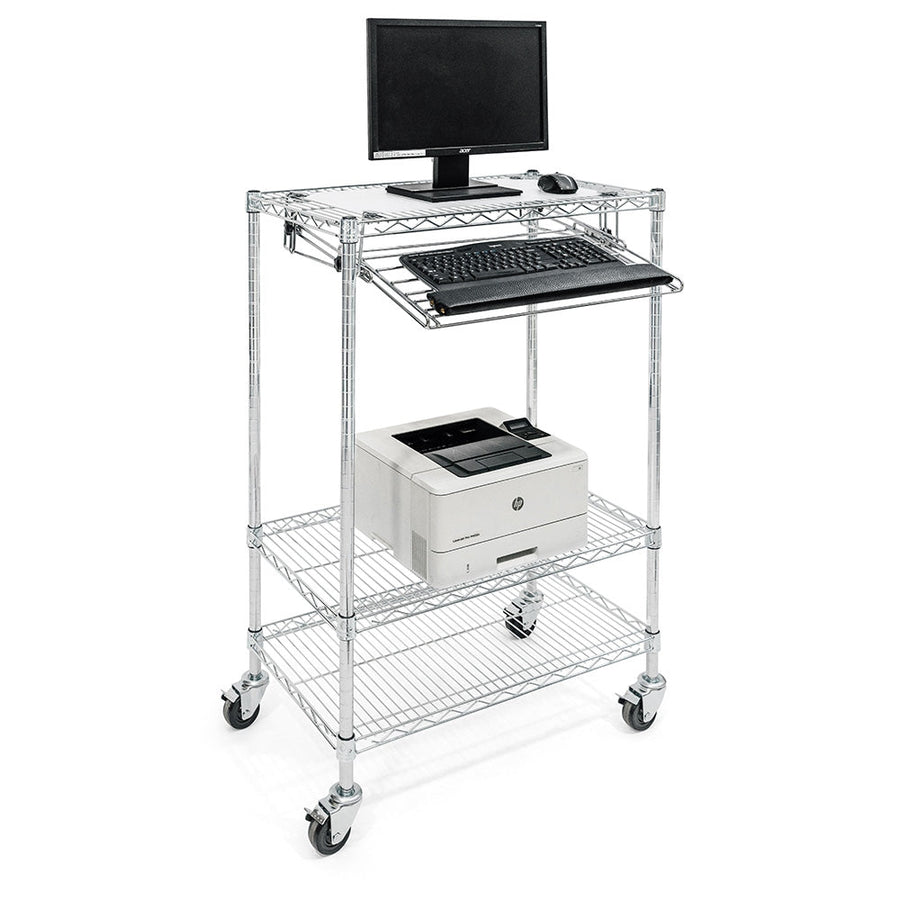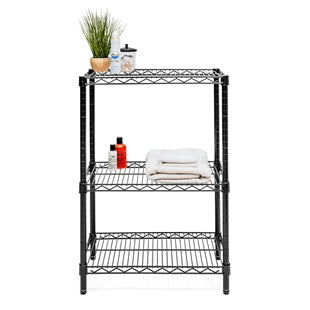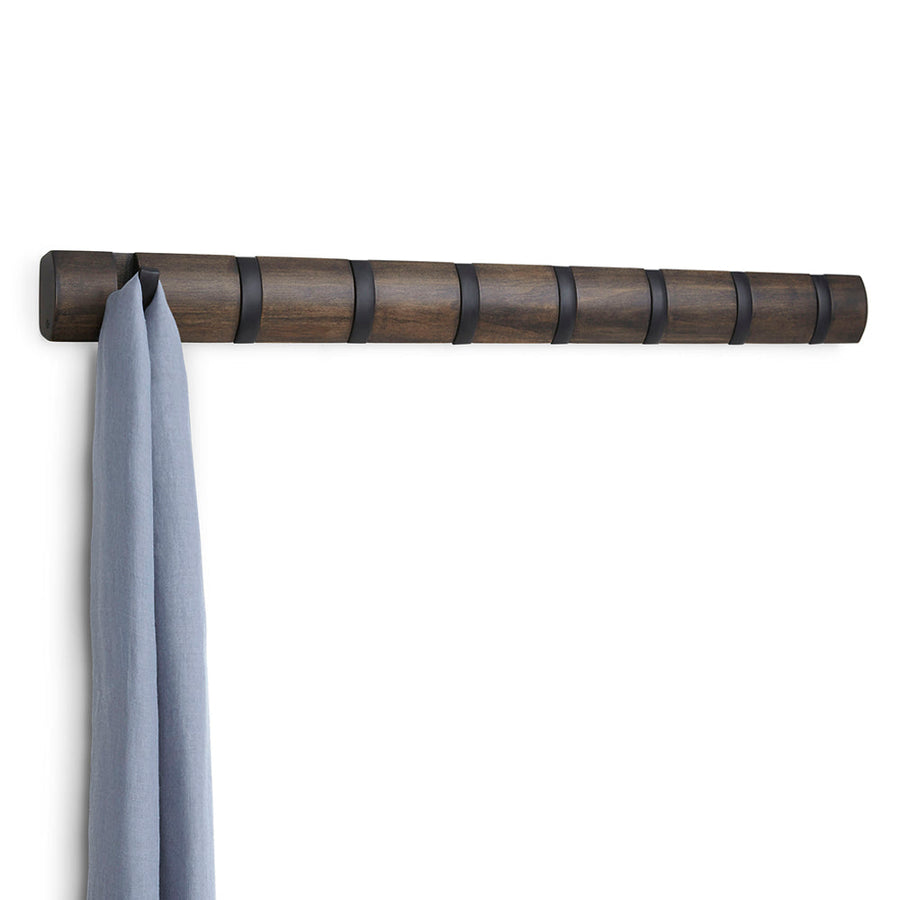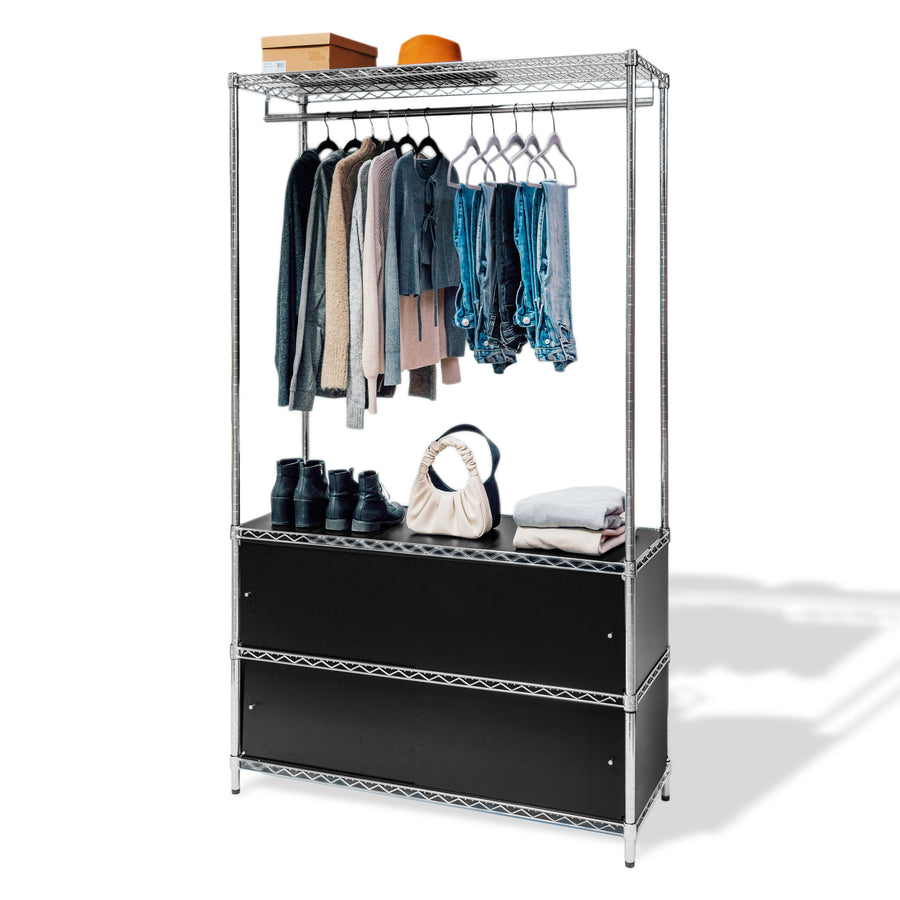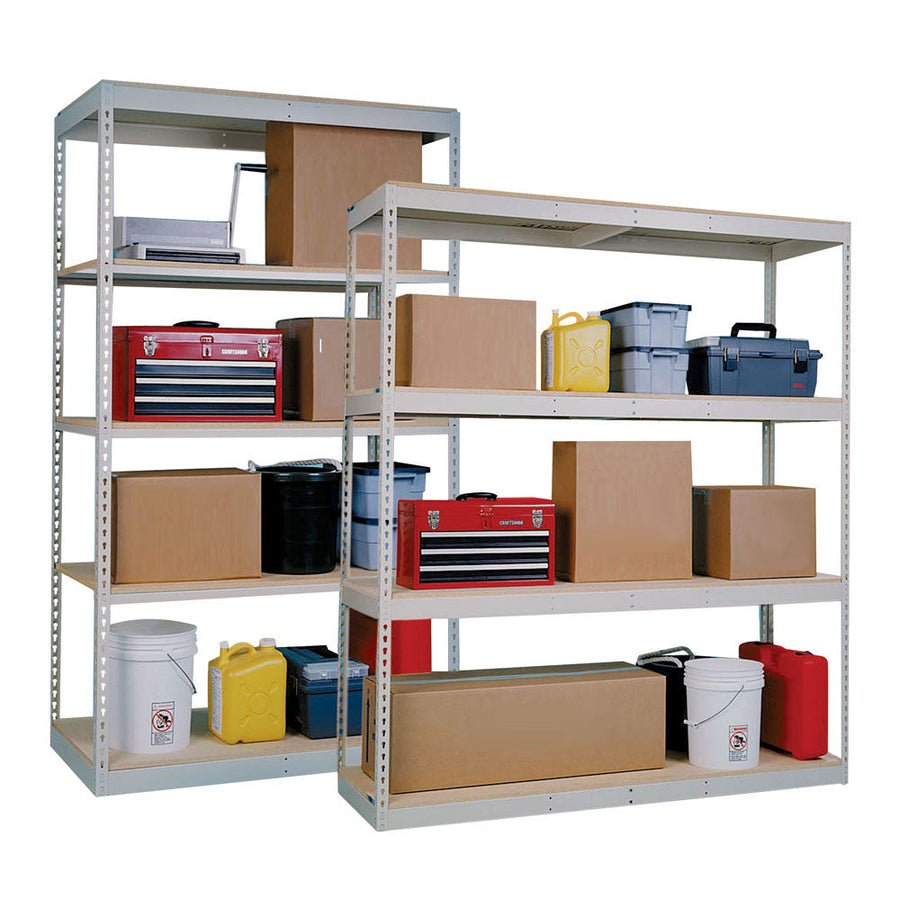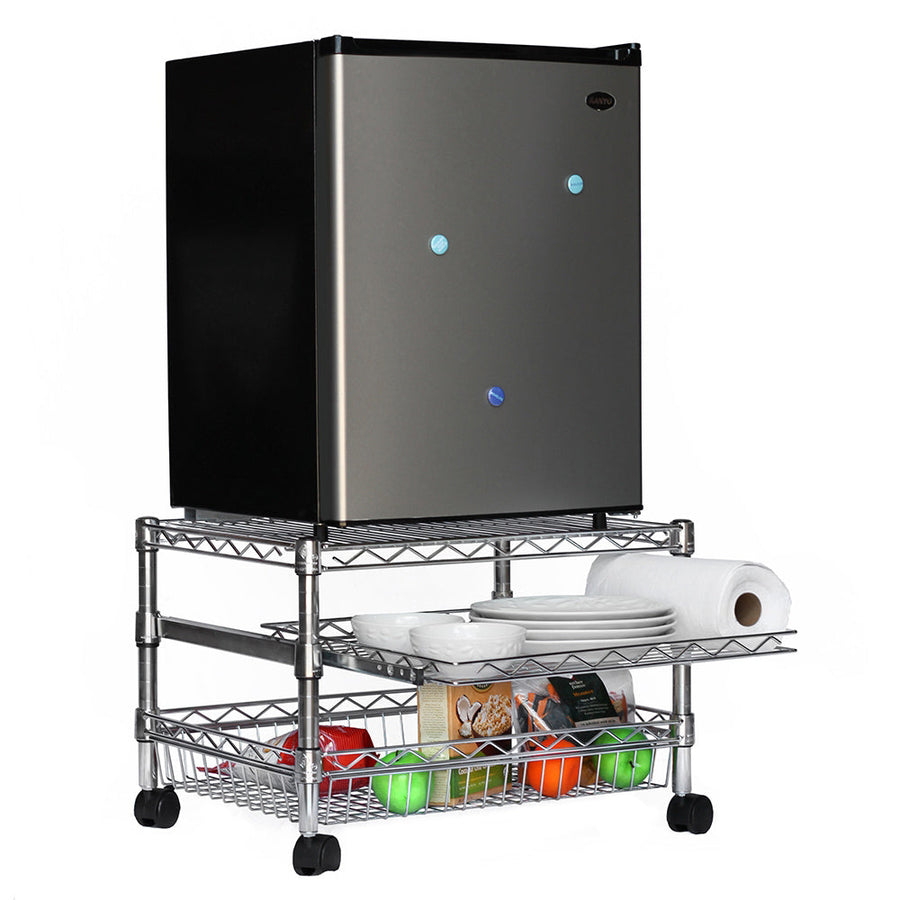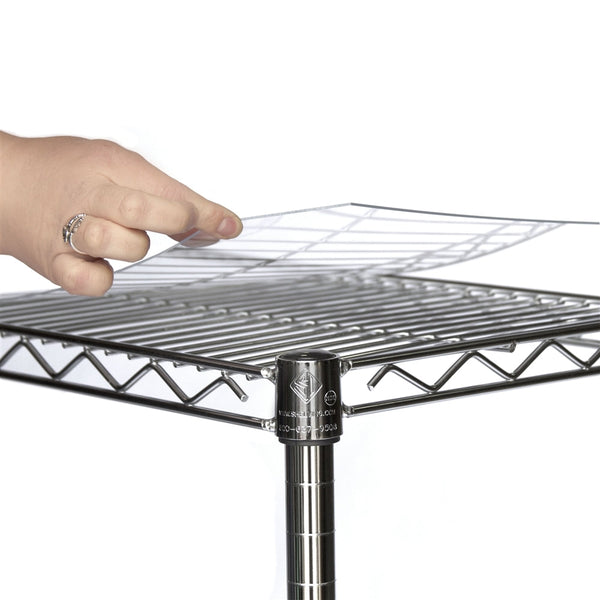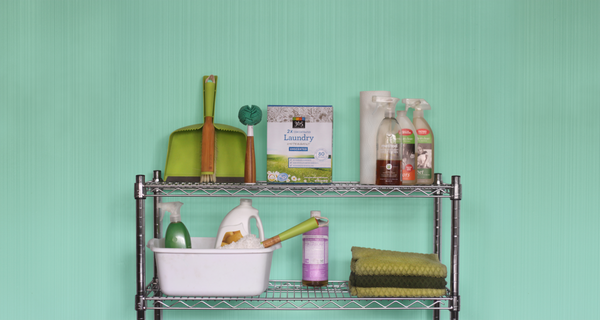(We hope you read that title in a big, confident voice, because we sure did.)
Decluttering has been a common topic of discussion lately—to the point some people make a living helping others with it! While bringing in a little outside help is tempting when things get out of hand, their services can get a little...pricey.
But not to fear! We’ve been around the block long enough to pick up a few tips from the pros and we’re happy to pass them along without asking to schedule any appointments. If you want to start decluttering your house like the experts do, read on:
Always make five piles for sorting
A lot of decluttering advice starts with sorting your stuff into some potential piles, but the experts would specify going for five piles: stuff to move into another room, stuff to donate, stuff to give to a specific person (friend, relative, coworker who was always jealous of that sweater, etc), throw away, and the “marinating” pile. The marinating pile may be the best part—pack those up in a box or plastic storage bin and label it with a date sometime in the next six months to a year. If you don’t take a single thing out of the box before that date, it’s pretty safe to get rid of. You’ll be surprised how quickly this makes things disappear.
Photographic memory
Frequently while exploring a home for opportunities to declutter, experts will suggest taking a picture of a space and examining everything in it before you start. Start small, something like a drawer, a cluttered table, or even bookcases and examine the picture. See how it makes you feel—are you anxious about getting rid of any of it? Can you justify how much of it is there? This can give you a good place to start and help figure out what to do next.
Make sure you’re removing clutter, not just making more storage space
A lot of people, when confronting clutter, tend to turn to increased storage space as a solution to their problems. Throwing up a bunch of wall shelves and wire shelving is usually a good call in houses that need help getting organized, but the mission can’t end there—even if you’ve made room for all the stuff you already have, the odds are good that you’re going to be getting more stuff later, and you can’t keep relying on shelves to solve your problem. Make sure to focus on actually getting rid of stuff you don’t need instead of just finding new homes for it all.
Be careful when you get sentimental
A lot of clutter accumulates because you’re too attached to stuff. (This isn’t a judgment, we all do it!) Think about things you’re holding onto because of the past—your grandpa’s favorite recliner, Aunt Joan’s writing desk, etc—and think about why you’re keeping them. Do you use them? Are you just keeping them around for the memories? Why are they just wasting away in the attic if you love them so much? In a lot of these cases, you may be better off remembering them with some pictures and handing them off to someone that actually needs them.
Don’t overestimate how much you can sell on eBay
Finally, a lot of pros will try to steer you away from getting too caught up in the idea of selling the stuff you’re getting rid of. This might be something of a disappointment at first, but it can actually prove way more helpful in the long run. Listing things on eBay is super time intensive and, frankly, something of a shot in the dark—you never know when something will sell, if something will sell, and if you’ll get what you think it’s worth. If you really have your heart set on selling, it might be more worth your time to cut your losses and see what you can get at a consignment shop, or just give it all away. You’ll be so happy to have it all out of your house you won’t even notice you donated it.
The Shelving Store
Stay in touch
The latest news & helpful info. Sign up and never miss an update.

